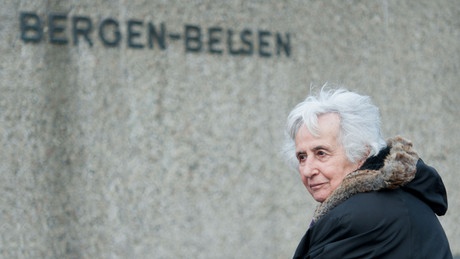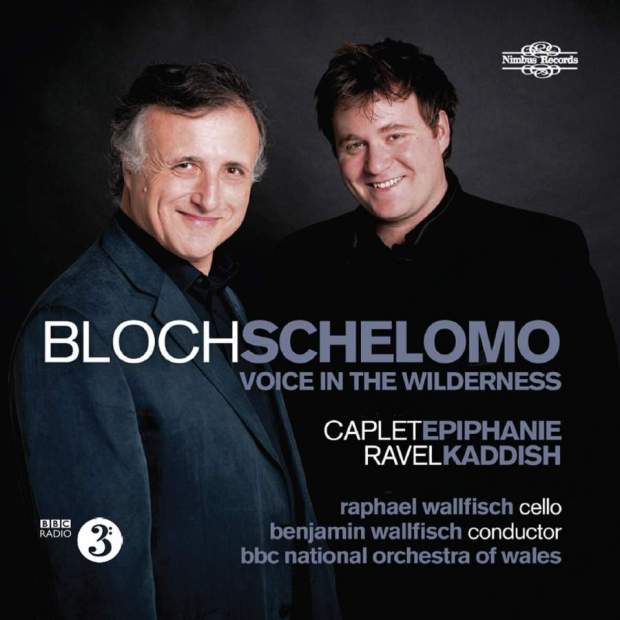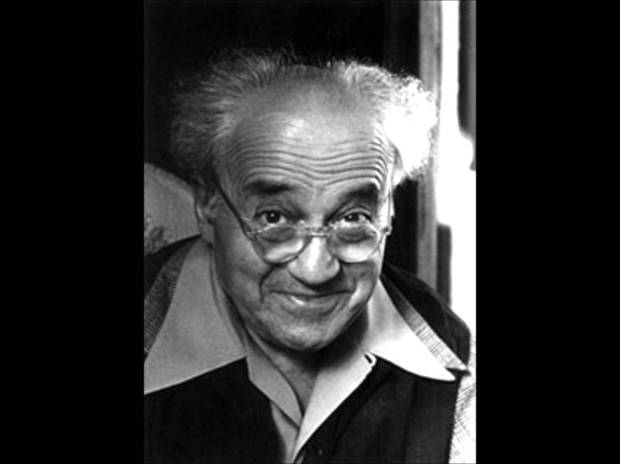
Anita Lasker-Wallfisch ©BBC
Music can save your life. Literally. Anita Lasker-Wallfisch has survived Auschwitz. And also Bergen Belsen. She knows for sure that music was the cause of this. She was 16 when she was arrested. Her parents were already dead, but she didn’t know that yet.

Young Anita played the cello and once in Auschwitz she was deployed in the Women’s Orchestra, which was conducted by Alma Rosé, Gustav Mahler’s niece. After the war she came to London, married pianist Peter Wallfisch and was a co-founder of the English Chamber Orchestra.
Her son, Raphael, is also a cellist. A famous one too, with many recordings to his name. And his son, Benjamin, is a conductor. Father and son Wallfisch made a recording together, which they dedicated to their relatives who were killed in the camps. The CD was released just before Holocaust Memorial Day on 27 January 2014.

It has become a surprising CD, because besides Bloch’s almost inevitable Schelomo also his rarely played Voice in the Wilderness is included and Ravel’s Kaddish follows André Caplet’s Epiphanie (d’après une légende éthiopienne). The latter escapes me a bit, it feels like the odd one out. I have to admit that I have no affinity with the work whatsoever. It just ripples on.
Instead I would have preferred to hear Baal-Shem by Bloch. Or something from Joseph Achron. Or Alexander Krein. Or the other two Mélodies hébraiques by Ravel. And even if I prefer the sung version of ‘Kaddish’ (can I make a recommendation? Gerard Souzay!) I have to admit that Raphael Wallfisch with his cello stole my heart. But the most beautiful thing is the orchestra. Soft. Dear. Loving.
Raphael Wallfisch discusses his Jewish music release:
ERNEST BLOCH

Beautiful – music and life. Bravo Basia
LikeLike
Thank you Anna!
LikeLike